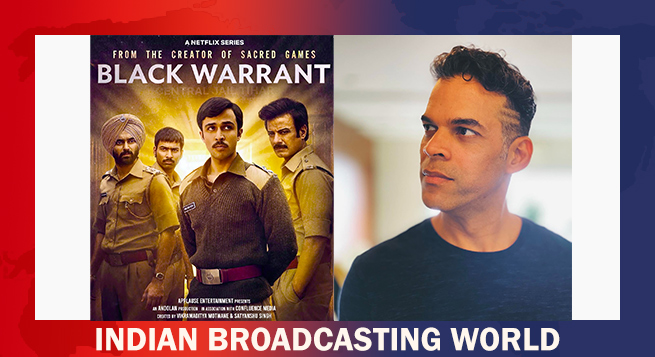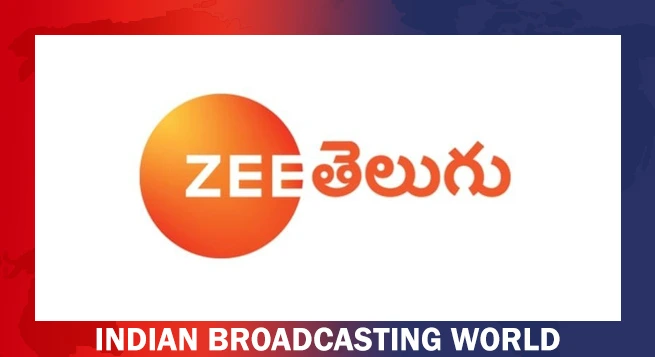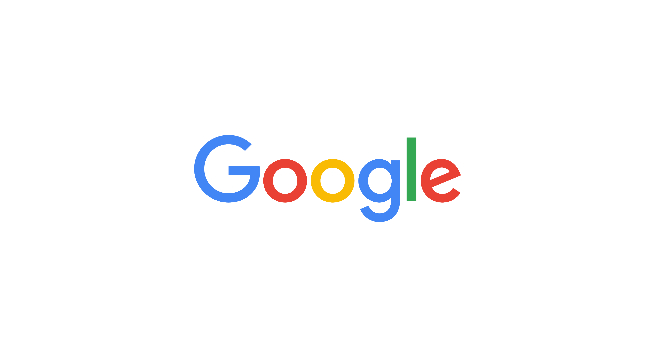In what could be trend-setter, an Australian court on Monday ordered Google to pay a former Aussie lawmaker A$715,000 ($515,000), saying its refusal to remove a YouTuber’s “relentless, racist, vilificatory, abusive and defamatory” videos drove him out of politics.
The Federal Court found the Alphabet Inc. company intentionally made money by hosting two videos on its YouTube website attacking the then-deputy premier of New South Wales, Australia’s most populous state, that have been viewed nearly 800,000 times since being posted in 2020, Reuters has reported.
The ruling revives the question of how much culpability technology firms have for defamation conveyed by users on their websites in Australia, one of few Western nations where online platforms have the same legal responsibility as publishers.
Australia is reviewing what legal exposure platforms should have for defamatory posts. A landmark case in 2021, where a newspaper was found liable for defamatory reader comments below an article posted on Facebook, drove global firms to reduce their social media presence in the country.
The judgment showed Google had denied the videos carried defamatory imputations, and said the YouTuber had the right to an honestly held opinion and should be protected by the right to criticise a politician. A Google spokesperson was not available for comment.
“They (Google) were advised that those defamatory videos were there, they looked into it, they decided for themselves that they weren’t, and left them up,” said Prof David Rolph, a specialist in media law at the University of Sydney Law School.
“That’s an orthodox application of the basic principles of publication in defamation law (but) leaves the larger question about whether we need to reform the principles of publication,” Rolh added.
The court heard that content creator Jordan Shanks uploaded videos in which he repeatedly brands lawmaker John Barilaro “corrupt” without citing credible evidence, and calls him names attacking his Italian heritage, which the judge, Steve Rares, said amounted to “nothing less than hate speech”.
Shanks “needed YouTube to disseminate his poison (and) Google was willing to join Mr Shanks in doing so to earn revenue as part of its business model,” the judge said.
 GTPL Hathway reports stable performance in Q3 FY25
GTPL Hathway reports stable performance in Q3 FY25  ‘Black Warrant’: Motwane’s aimed to make an entertaining jail series
‘Black Warrant’: Motwane’s aimed to make an entertaining jail series  Draft data protection rules aims to balance rules & innovation: Minister
Draft data protection rules aims to balance rules & innovation: Minister  Zee Telugu gears up for Sankranthi 2025 celebration
Zee Telugu gears up for Sankranthi 2025 celebration  Spotify India narrows losses, reports record revenue growth in FY 2023-24
Spotify India narrows losses, reports record revenue growth in FY 2023-24  NDTV Profit unveils video podcast series ‘The Disruptors’
NDTV Profit unveils video podcast series ‘The Disruptors’  Tata Play celebrates Hrithik Roshan’s 51st birthday with his iconic hits
Tata Play celebrates Hrithik Roshan’s 51st birthday with his iconic hits  NDTV hosts ‘Mahakumbh ka Arthashastra’ conclave
NDTV hosts ‘Mahakumbh ka Arthashastra’ conclave 








